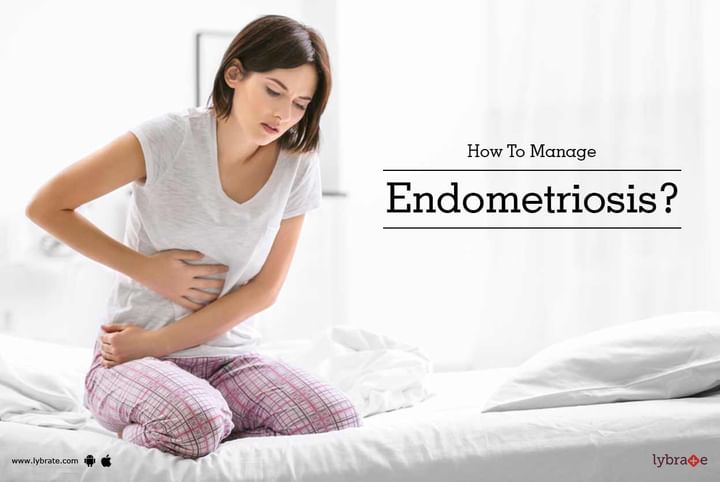Get the App
For Doctors
Login/Sign-up
Last Updated: Oct 23, 2019
BookMark
Report
How To Manage Endometriosis?
Dr. Smita VatsGynaecologist • 25 Years Exp.MBBS, DNB (Obstetrics & Gynecology), Diploma In Laproscopic Surgery ( Germany), Certified in Laparoscopy & Hysteroscopy, FMAS, FICMCH
When tissues that usually grow inside the uterus, start growing outside the organ, it is called endometriosis. Painful periods, pain during sex, pain while urinating or bowel movements, extreme bleeding, fatigue, infertility, diarrhea, bloating and nausea are some of the symptoms of endometriosis.
Treating endometriosis usually depends on the following factors
- Age
- Severity of symptoms
- Severity of the disease
- Future plans for children
Depending on these the doctor might opt for any of the following treatments
- Medication for Pain: If the symptoms are mild, then the doctor will prescribe some pain killers like Nonsteroidal anti-inflammatory drugs.
- Hormone Therapy: Hormone therapy is effective, but once you stop them, your symptoms may come back. Some of the hormone therapies include:
- Hormonal Contraceptives: Birth control pills, vaginal rings and patches are useful in controlling the hormones that are responsible for tissue build-up outside the uterine cavity.
- Medroxyprogesterone: This drug stops menstruation, which in turn stops the tissue build-up and put an end to all the symptoms. But on the other hand, gaining weight, low bone production and depression are some of the common effects of this drug.
- Gonadotropin-releasing hormone (Gn-RH) antagonists and agonists: Hormones that stimulate ovaries are blocked by these. They bring down oestrogen levels and hence prevent menstruation.
- Danazol: This drug prevents menstruation and symptoms of endometriosis by blocking the hormones that stimulate the ovaries. However, Danazol may not be a favourable option because of its side effects. The drug should be avoided during pregnancy.
- Conservative Surgery: If you are trying to get pregnant, but you already suffer from endometriosis, then removing endometriosis surgically is a viable solution. Your uterus and ovaries will be preserved, which might increase your chances of becoming pregnant. Even suffering from severe pain might find relief from conservative surgery.
- Hysterectomy: In extreme cases, the only way to deal with the symptoms is to completely remove the uterus, ovaries and cervix. Since a hysterectomy means you cannot have children, it is kept as the last option for women in their reproductive age. If you wish to discuss about any specific problem, you can consult a gynaecologist.



+1.svg)
